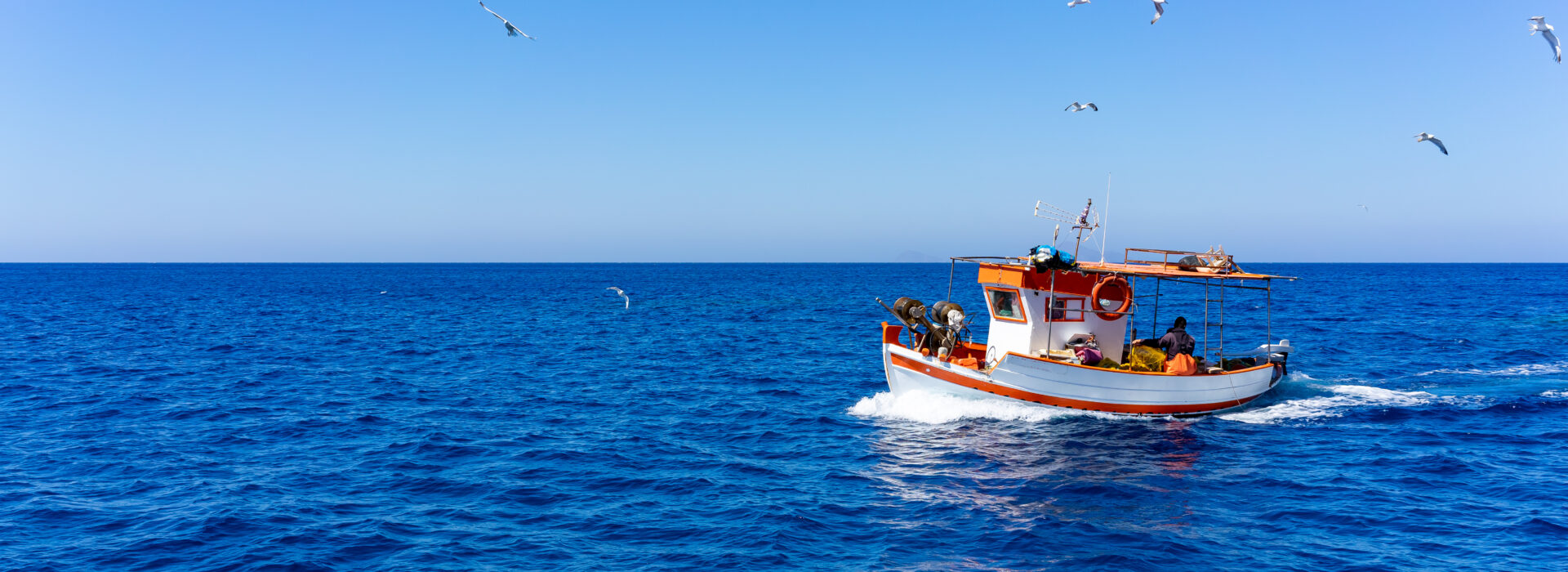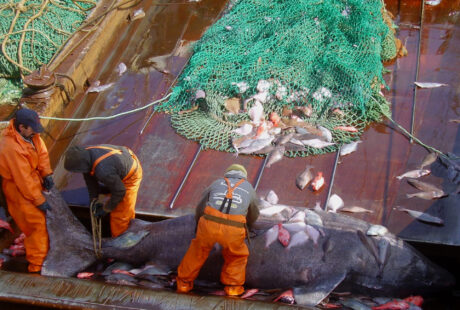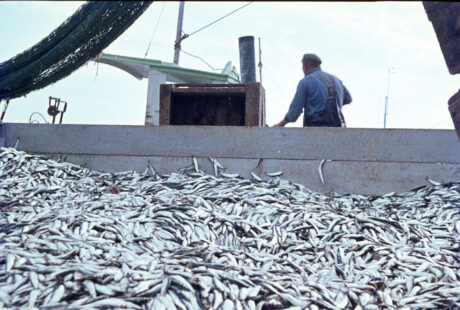Fish is not only a food source for millions of people, it is also a vital part of marine ecosystems, crucial for ocean resilience. Fish stocks and marine biodiversity are threatened by overfishing and destructive fishing practices. Catching fish at a rate faster than they can reproduce undermines their capacity to adapt to climate change, and can cause entire fish populations to collapse, with knock-on effects for the ecosystem they are part of. Non-selective fishing gears regularly cause dolphins, whales and other untargeted marine animals to be caught accidentally. Destructive fishing practices like bottom trawling cause irreversible damage to marine habitats and decrease their climate mitigation capacities. Seas At Risk works to ensure a shift towards fisheries with a low impact on the environment, and the restoration of fish populations to a level where they can reproduce safely with a surplus we can harvest.
+11,000
dolphins
by-caught in the Bay of Biscay in 2019.
40%
of European citizens
exceed the WHO recommended quantities of fish consumption by about 40%.
1 single
Baltic harbour porpoise
caught in fishing nets can undermine the survival of the whole population.
88%
of the fish stock
in the Mediterranean Sea are overfished.
Our health and the health of our planet depend on the ocean. And there can be no healthy ocean if we fish more than the ocean can handle and in ways that harm marine ecosystems.
Andrea Ripol, Fisheries Policy officer at Seas At Risk.


